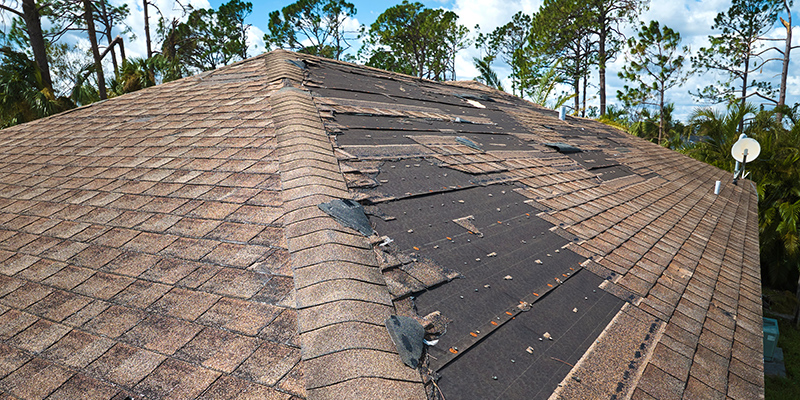Negligent HOA Upsets Residents And Section 8 Denies Tenancy

A negligent HOA in Atlanta fails to maintain the community's common areas. As a result, the residents of the building are upset, and Section 8 prevents tenants from living in the community.
Browse By Category
Sign up for Our Newsletter
A negligent HOA in Atlanta fails to maintain the community’s common areas. As a result, the residents of the building are upset, and Section 8 prevents tenants from living in the community.
Peyton Place’s Negligent HOA
Homeowners associations are in charge of maintaining common areas, collecting dues, and enforcing the rules to keep communities in good shape. However, the Peyton Place HOA in southwest Atlanta has been negligent regarding upkeep. The issues have been piling up, and residents like Michael Shepherd are fighting against the negligent HOA for not holding homeowners accountable.
According to Shepherd, the townhouse community desperately needs repairs, but no board of directors member seems to want to fix it. The HOA maintains the common areas, roofs, and home exteriors. However, the negligent HOA has not been collecting dues consistently. They have also more recently demanded cash-only payments.
Shepherd asked to review the community’s financial statements but was denied. He also provided several checks to pay his dues when he bought two townhomes in Peyton Place. However, the checks he sent recently were returned from the post office. Meanwhile, other community residents have not tried to pay dues. According to an HOA resident named Anthony Herring, he purchased the home in May. Yet, he does not even understand who he’s supposed to pay dues to.
Due to the lack of collections, the HOA has been unable to maintain or repair the townhome community’s common areas.
Denied Tenancy by the Atlanta Housing Authority
The residents have pointed out several problems with the property. There are holes in the roofs, which allow water and animals to enter the units. Moreover, there is a collapsed retaining wall, the gutters are full of growing plants and pine straws, and sewage water spills onto the ground due to broken pipes. As a result, Shepherd has not been able to rent out his home despite how beautiful it is on the inside.
According to Shepherd, the Atlanta Housing Authority told him there were too many issues on the outside. Hence, they could not allow tenants using their housing choice voucher (previously called section 8) to live in the community. Meanwhile, Herring also wants to rent out his unit but has been prevented due to exterior maintenance problems.
According to studies, metro Atlanta needs almost 400,000 more homes to meet the city’s affordable housing needs. Peyton Place has several vacant properties that could potentially help the city if the community was well-maintained.
Shepherd initially intended to work with the homeowners association to fix things. However, he soon realized that the negligent HOA did not intend to have meetings, fix the issues, or make any repairs. That’s when he decided to create a website to monitor his efforts.
No Accountability
None of the HOA’s board members live in Peyton Place. Investigators from 11Alive tried to reach out to all the board members, but none responded. However, investigative reporter Rebecca Lindstrom did locate the HOA president, Clare Cherry. She was picking up trash around the neighborhood.
Property tax records show Cherry owned almost 30% of Peyton Place’s units. With a functioning board, she must pay over $25,000 annually in HOA dues. However, whether she is born or not is unclear as the homeowners haven’t been able to access the community’s financial records.
The HOA president refused to respond to any questions. Instead, she blamed the maintenance issues on the community’s lack of funding. Moreover, she did not explain why the board wasn’t doing anything to collect dues to obtain the necessary funds. Meanwhile, code enforcement delivered violation notices.
It is currently unclear whether the homeowners can hold the HOA accountable or if they will be forced to maintain the community themselves. Moreover, most violations will not be addressed in court until March. The HOA president did have a court appearance on February 8 to address one of her property’s code violations. However, she did not attend.
Unfortunately, the residents of Georgia can only fight against their HOA board by going to court. Shepherd has already spent over $7,000 but still has no clue when the battle will end.
Five proposed bills in the Georgia Senate aim to create accountability and transparency within HOAs. However, they have not yet been heard in committees.
Trending Now
Related Article
Sign up for Our Monthly Newsletter
Sign up below for monthly updates on all HOA Resource
















